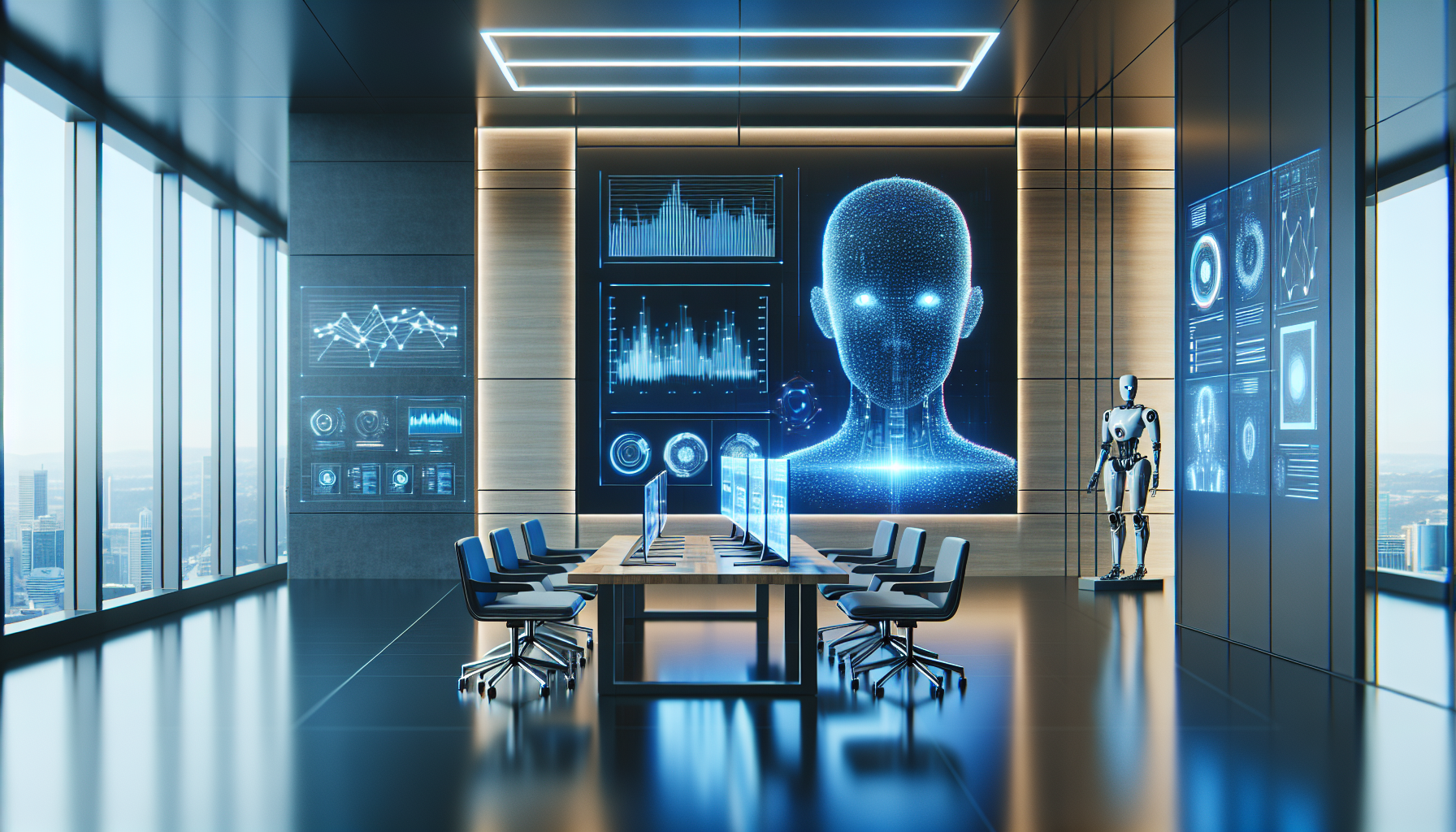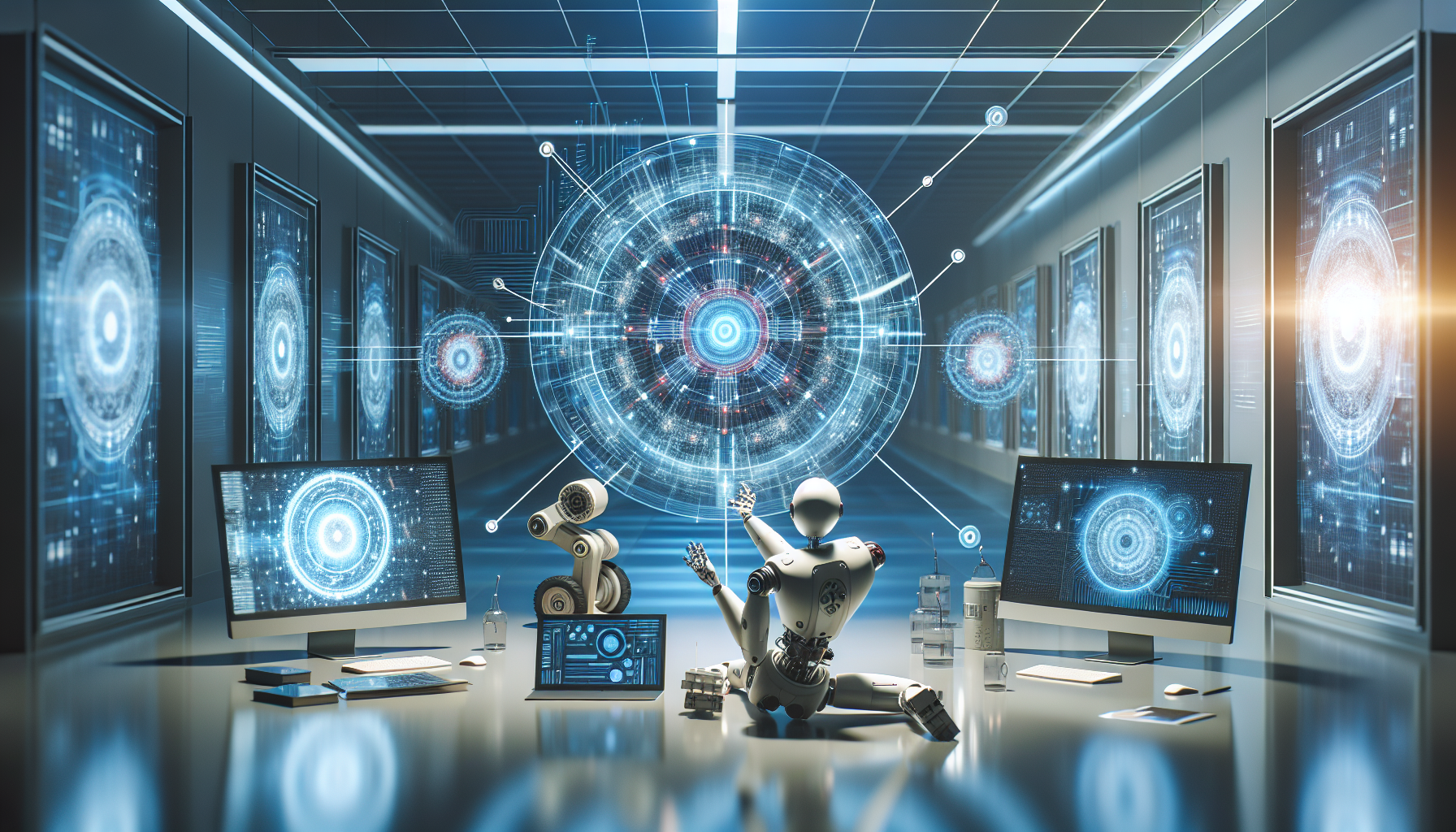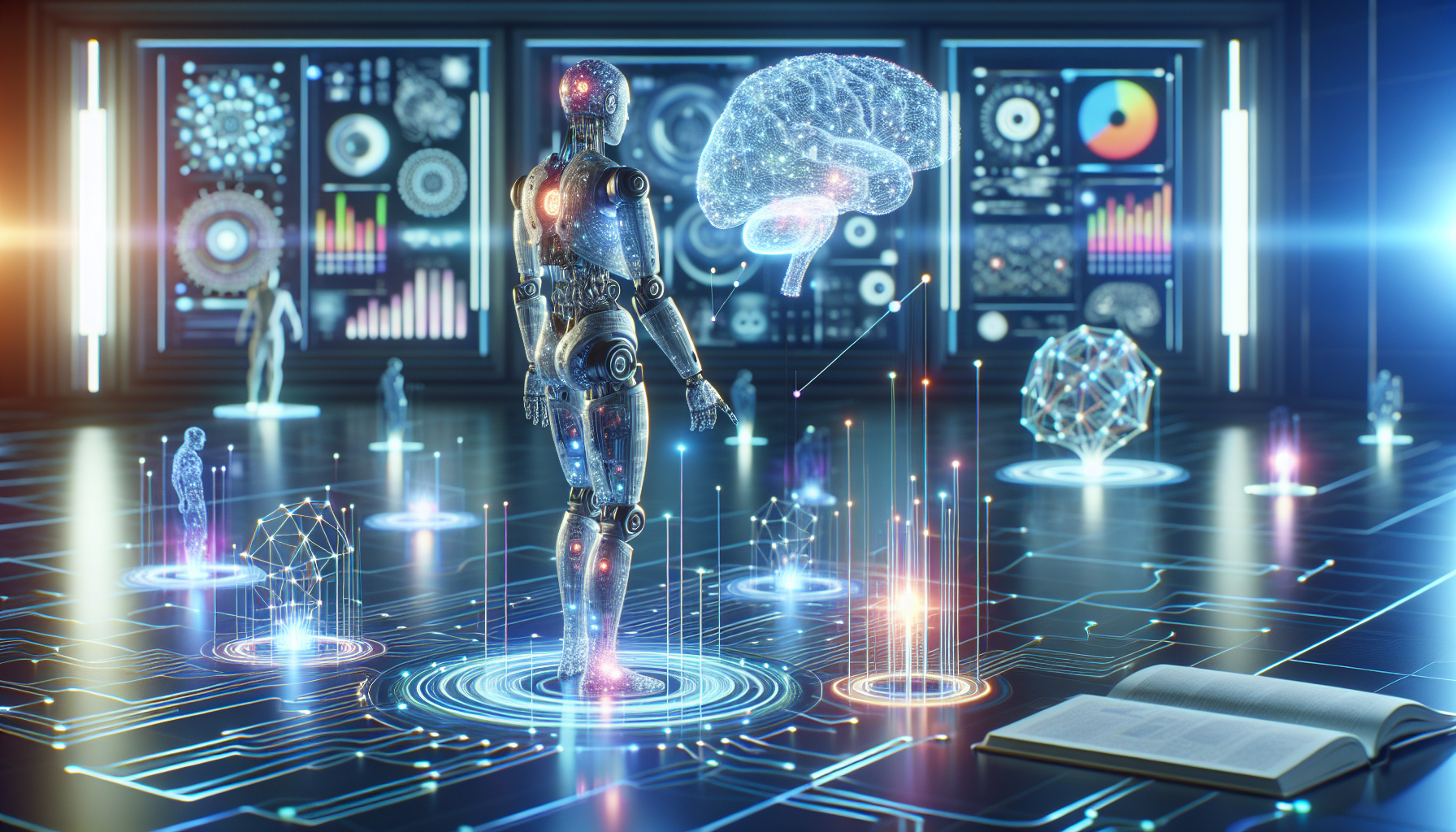
Debunking AI Ethics Myths: What We Often Get Wrong
June 23, 2025
Artificial intelligence (AI) is no longer the stuff of science fiction; it's woven into the fabric of our daily lives. From virtual assistants that help us manage our schedules to algorithms that suggest what we might want to watch next, AI is everywhere. But with great power comes great responsibility, and the ethical considerations surrounding AI development are a hot topic. However, there's a lot of misinformation floating around. So, let's bust some myths and get to the heart of what ethical AI entails.
First up, there's this idea that AI is inherently biased. Some people think AI systems are born with prejudice, as if bias is just part of their digital DNA. But here's the thing: AI doesn't have biases on its own. It learns from data, and yes, if that data is biased, the AI will reflect those biases. But this is a human error, not a machine flaw. The real ethical challenge lies in how we collect, curate, and input data to ensure fairness and neutrality. It's like blaming a mirror for the reflection it shows—it only reflects what’s in front of it.
Another common myth is that ethical AI development is a luxury, something only the big tech giants with deep pockets can afford. This couldn't be further from the truth. In fact, ethical considerations should be the foundation of any AI project, regardless of size. Startups and smaller companies often have the agility to implement ethical practices more swiftly than their larger counterparts. It’s all about making the right choices from the get-go, like prioritizing transparency, accountability, and inclusivity in AI systems. These aren't optional add-ons but crucial components of responsible development.
Now, let's tackle the myth that AI will one day become so advanced that ethical considerations will be obsolete. This notion assumes that AI will reach a level of sophistication where it can self-regulate its moral compass. But AI, no matter how advanced, lacks human intuition and the complex understanding of ethics that comes from lived experiences. Machines operate on logic and data—they don't possess empathy or moral judgment. It's up to us, the developers and users, to guide AI with ethical frameworks that reflect our human values.
There's also the fear that ethical AI stifles innovation. Some argue that focusing too much on ethics will slow down progress, making AI less competitive on a global scale. But this is a shortsighted view. Long-term, sustainable innovation is built on trust and reliability. When AI systems are designed ethically, they're more likely to gain public trust and widespread adoption. Ethical AI is not a barrier to innovation; it's a catalyst for creating technology that people are willing to embrace.
The myth that AI ethics is just about preventing harm is another misconception. Sure, ensuring that AI doesn't cause harm is crucial, but ethical AI is also about promoting good. It’s about using AI to solve problems, enhance human capabilities, and create opportunities. Think of AI as a tool for societal betterment—it's not just about avoiding pitfalls but also about reaching new heights. Ethical AI can drive change in areas like healthcare, education, and environmental sustainability, opening doors to new ways of improving our world.
Let's also debunk the idea that AI ethics is only for the tech-savvy. You don't need a computer science degree to engage with AI ethics. In fact, diverse perspectives are essential to developing ethical AI systems. Voices from different cultural, social, and professional backgrounds bring a richness to the conversation that leads to more balanced and inclusive AI solutions. It's a collaborative effort that benefits from input across disciplines, making AI ethics a field where everyone has a stake.
Finally, there’s the myth that AI can fully replace human decision-making. While AI can process data and offer insights faster than any human, it can't replicate the nuanced decision-making processes that involve values, emotions, and ethical considerations. AI can assist and augment human decisions, but the final say should always rest with us. After all, AI is a tool—albeit a highly advanced one—that should enhance human capabilities, not replace them.
In the end, addressing ethical considerations in AI development isn't just about correcting misconceptions. It's about recognizing the immense potential AI holds and steering it in a direction that aligns with our collective values. So, as we continue to explore the vast possibilities AI offers, let's keep asking ourselves: How can we ensure AI serves humanity, fostering a future that's both innovative and ethically sound?


